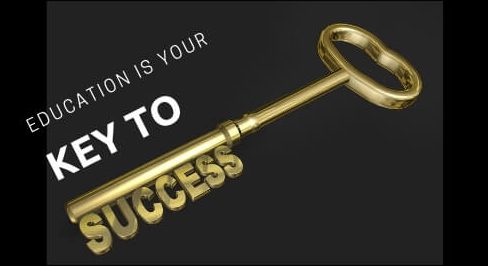
YouTube / iTunes / Spotify / Radio Public / Pocket Casts / Google Podcasts / Breaker / Overcast
Listen to ArtisanEnglish.jp posts & lesson intros here.
Idiom: Key to success
Everyone desires to discover the key to success.
We treat it as if it is some well-kept secret.
Fortunately, there is no real secret key to success.
The key to success is what causes a person to become successful.
It’s not a secret.
The key to success is hard work.
It’s a matter of effort directed in the correct direction and focused on the appropriate issues.
There is nothing mystical about becoming successful, and it’s not a matter of luck either.
Anyone can hold the key to success.
People need only do two things to succeed: work hard and educate themselves.
Each one of us has already achieved some level of success.
The problem is we don’t realize it.
Graduating from high school is a success.
Finding your first job is another success.
Completing some form of post-secondary education, such as a college or university, is another form of success.
Of course, these are successes that many people tend to take for granted.
Well, I suggest you don’t.
The key to success is using one victory as a stepping stone to the next.
It has nothing to do with luck.
Learn this and attain a better education than any school can give you.
When people build on their previous successes, they put themselves in a position to take advantage of opportunities.
It may seem like luck, but it’s the outcome of hard work.
I listen to a fantastic National Public Radio (NPR) podcast called How I Built This, which features Guy Raz as the interviewer.
This podcast reveals the founding stories behind some of the most famous companies in the US and the world.
After listening to it for a few months, I’ve realized that there is no secret key to success, no magical formula except diligence and the ability to recognize achievement and build on it.
The same applies to language learning, too.
Successful language learners use their determination and willingness to build on success.
Flesch-Kincaid Readability Test
This post is understandable by someone with at least an 8th-grade education (age 13 – 14).
On the Flesch-Kincaid reading-ease test, this post scores 67.
The easier a passage is to read, the higher the score on a scale of 0 – 100.

